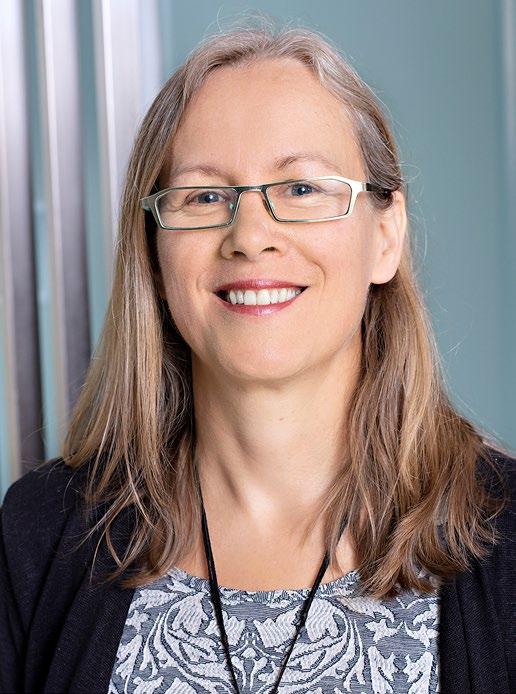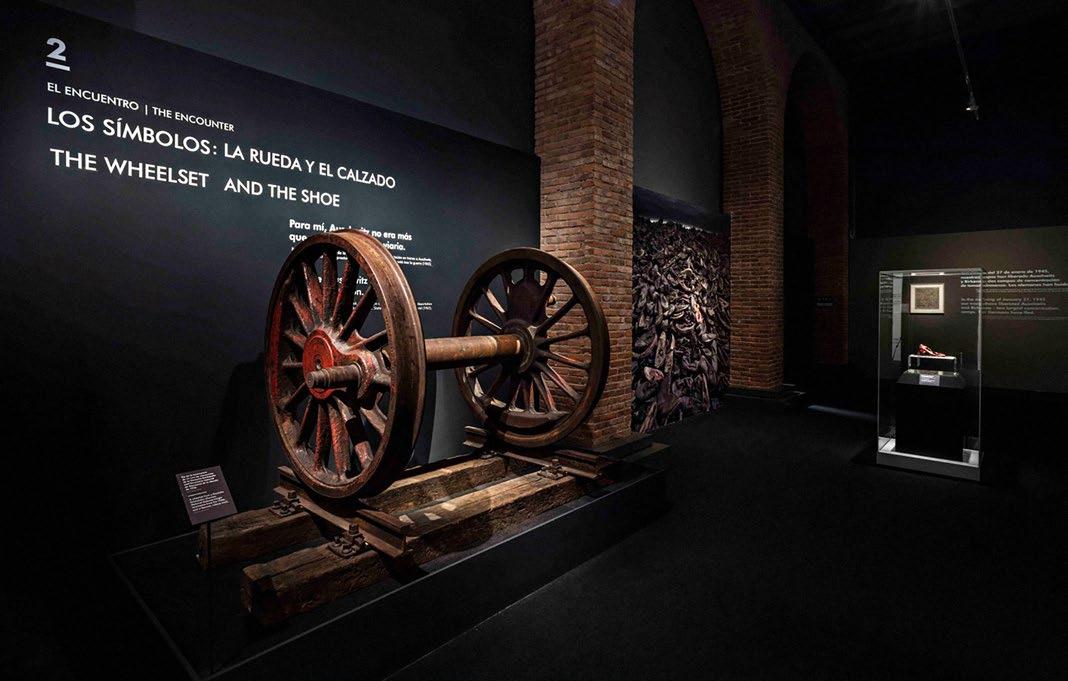Celebrating 80 years later Ian and Henry Sharp
Miriam and Zvi Sharp
Z
vi Sharp has fond memories of a simple, happy childhood, shared with his four brothers, Mayer, Mendel, Leibel and Gershon, friends and neighbours in the close-knit town of Ryki in 1930s Poland. He grew up in an Orthodox Jewish home, went to cheder, and has precious memories of Shabbat meals with his family. Everything changed in September 1939, when Ryki was captured by German troops and the Jews were forced to build their own ghetto. Around 10 members of his extended family, including Zvi, Gershon and their parents, were crammed into his uncle David’s small house. Then, in May 1942, all the Jews were ordered to the town square, told to leave their clothing and belongings, and were forced to walk 12 kilometres to Deblin Station, and then to the Deblin Concentration Camp. Families were separated and people were hysterical. Zvi lost sight of his parents and younger brother. He never saw them or his older brothers again. He was 15 years old. Between May 1942 and early 1944, he was at Deblin, Colditz, and Buchenwald Concentration Camps. He stayed strong, surviving hard labour and shocking conditions. In early 1945, in the depths of winter, he and his fellow inmates were forced on a death march to Theresienstadt, where they were liberated by the Russians. His nightmare was finally over, but he was all alone and adrift. Returning to Lublin, he met others going to a makeshift kibbutz in preparation for going to Palestine (now Israel) and decided to join them. They made their way across Europe to Marseille to make the illegal voyage to Israel, only to be interned in Cyprus by the British when they arrived. A year later, he was able to reach Eretz Yisrael, finding work as a carpenter in Haifa. Soon after the declaration of the State of Israel in 1948, he joined the army where he remained for two years.
Zvi Sharp with his great-grandchildren (l-r) Zahara, Ariella and Mayah Sharp In 1950, Zvi met Miriam Bercovici and they married soon after. They were blessed with two sons, Ian and Henry, but Zvi constantly searched for any surviving members of his family. Although everyone in his immediate family had been murdered, he had an uncle and cousins in Australia who urged the family to come. The yearning for family and the possibility for better opportunities made them decide to migrate, and they arrived in Melbourne in 1961. Zvi and Miriam had to work hard to provide for their family, but they built a new life. Zvi was grateful for their healthy, comfortable, and safe life and, more than anything else, the joy of their children, grandchildren and great-grandchildren – something that in 1945 he could only dream of. At the age of 93, at the suggestion of his daughter-in-law Ruth, Zvi agreed to have the bar mitzvah he was unable to have at the age of 13. He saw it as a chance not only to celebrate his lost opportunity, but also to honour of the multitudes of young Jewish boys whose lives were brutally extinguished. Zvi decided to make a donation to the Jewish Holocaust Centre (JHC) in lieu of gifts. We thank him for his generous donation and wish him Mazal tov.
JHC Centre News
21















